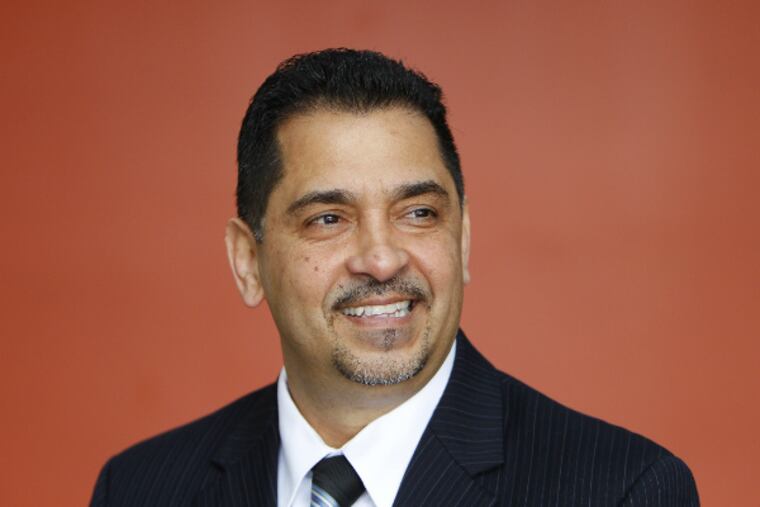DN Editorial: Painted into a corner
A looming scandal underscores yet again the problem with charters.

ANOTHER charter-school scandal may be brewing in the city.
Last week, the Daily News raised a number of questions about a painting contract by a charter school run by ASPIRA. Lyon Contracting won a $163,000 job to paint Olney Charter High School, but school staff claim they did most of the painting, and never saw the contractor in the building.
ASPIRA has not responded to requests for documentation on the job, and attempts by the Daily News to contact Lyon Contracting were unsuccessful. Their phone number is no longer in service. Meanwhile, the district's Office of Inspector General has begun an investigation.
ASPIRA operates five of the city's 86 charter schools. In July, the school district sent ASPIRA a letter outlining concerns about a number of other financial practices, and is still waiting for a written response.
Consider this against the backdrop of what else was going on this week: The School Reform Commission began hearing pitches from seven of the 40 new applicants for charter schools. It's the first time in seven years that new charter applications have been considered. Opening up applications for new charters was a requirement imposed by Harrisburg in exchange for passing a $2-a-pack cigarette tax designed to give money to the schools.
This requirement is yet more evidence of the disconnect in Harrisburg between their favorite myths about education and actual reality.
Their myth is that charters are the solution to a failing public-school system. They feed that myth with money, but little else: No oversight, no strategy and little regulation. The explosion of charters in Pennsylvania following the initial charter-school law 15 years ago has centered in Philadelphia: The city now hosts 84 charters that educate more than 67,000 students.
If you build it they will come. But if you build it fast and cheap, it will fall apart.
Harrisburg built the charter-school system fast and cheap, and every policy has favored more and more charter schools. The state does not allow school districts to impose enrollment caps, and it does not reimburse districts for charter costs. Its own oversight of charters is minimal.
In Philadelphia, the current charter enrollment represents the second-largest school district in the state. Six people run that system, out of the district's charter office, with a budget of $1.3 million. The district's budget for running a system 40 percent larger is $72 million.
That allows virtually no fiscal or organizational oversight of charters. Forget academic oversight.
While there are some examples of strong charters, academic performance of charters overall trail traditional public schools. Cyber charters fare even worse.
Back in 2011 , according to a report on NPR, 19 of the city's 74 charter schools were under investigation for fraud, financial mismanagement and conflicts of interest.
It's bad enough that Harrisburg has seemed to race to dismantle the public-education system by starving it of funds, but it has compounded the problem by building an alternative system that espouses high ideals and lofty goals, but lacks the necessary management and oversight structure to ensure they all succeed.
Newly elected governor Tom Wolf will have a long to-do list when he takes office, and finding more funding solutions for all schools is one of them. But higher standards of fiscal oversight of charters doesn't have to wait. He should tackle that immediately.